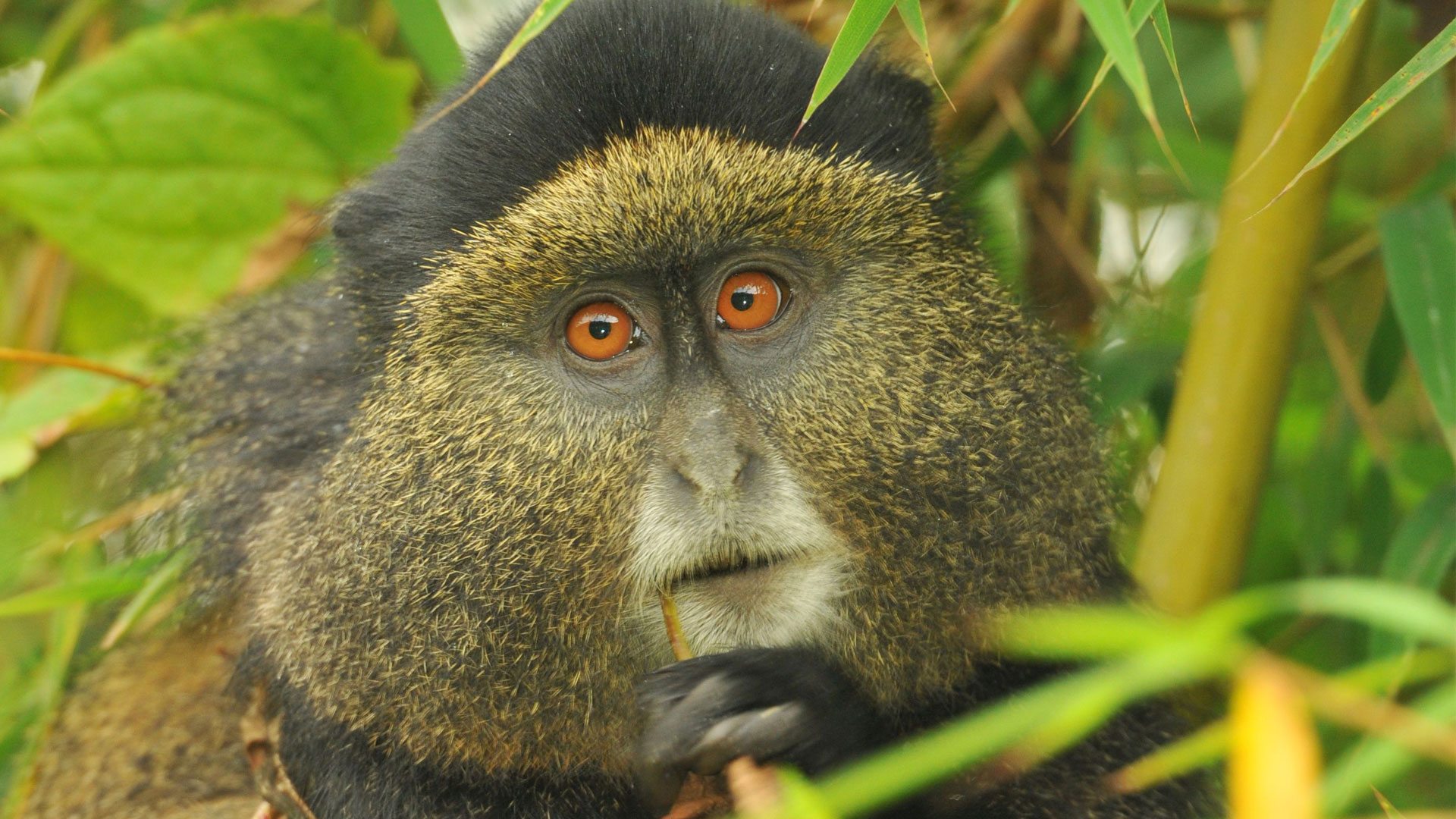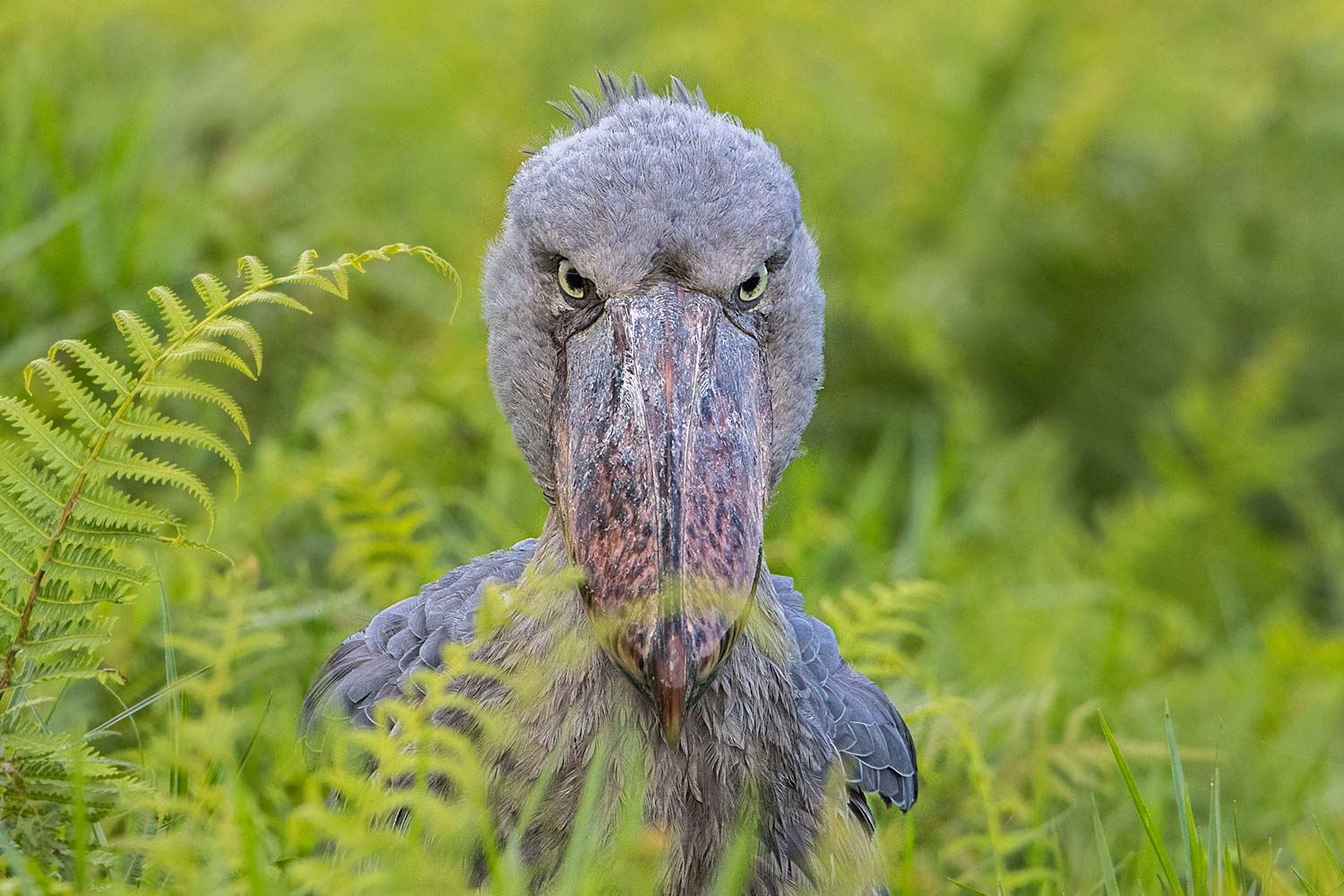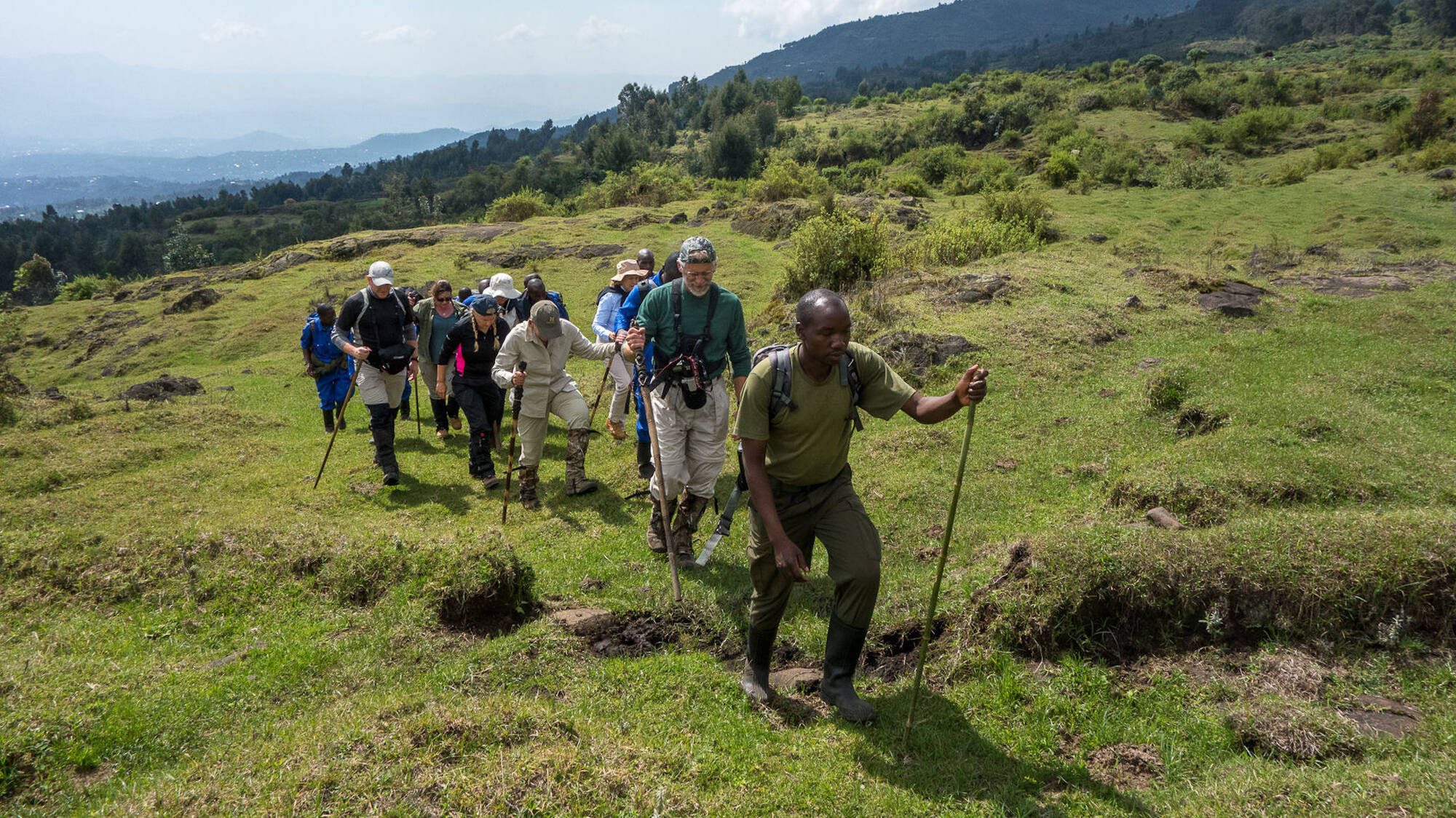East Africa’s Responsible And Sustainable Tourism
Responsible tourism is defined by Deks Uganda Safaris as “that type of travel that involves visiting natural areas to learn about, engage in, or participating in activities that seek to minimize negative environmental impacts while simultaneously empowering the host communities on a social and economic level.”.
IUCN 1996 defines responsible tourism as “environmentally responsible travel and visitation to relatively undisturbed areas, for the enjoyment and appreciation of nature (and any accompanying cultural features both past and present) that promotes conservation, has low negative visitor impact and provides for beneficially active socioeconomic involvement of the local population.”.
East African history of responsible tourism.
In the world and Uganda, responsible tourism is a relatively recent phenomenon that dates to the 1990s. It includes things like primate watching/walks, nature guided walks, bird watching, village/community walks, forest walks, butterfly watching, sport fishing, mountaineering/hill climbing, gorilla and chimpanzee tracking, game viewing, boat cruises, canoeing, caving, scenery viewing/nature photography, and other things related to natural, cultural, and rural tourism. The ten national parks, wildlife and game reserves, forest reserves, events/cultural centers, community wetlands, theme parks, resorts, and significant bird areas are all part of Uganda’s responsible tourism destinations.
Current conditions and patterns.
With the development of activities like gorilla tracking, chimpanzee tracking, birding, forest/nature walks, cultural trails, etc., Uganda has made significant strides in what scholars may regard as a shift from traditional tourism to responsible travel to ecologically sensitive areas.
The most vibrant illustration of a responsible tourism initiative in Uganda is KAFRED (Kibale Association for Rural and Economic Development), a community-based organization that is entirely controlled and run by the local population.
The Bigodi Wetland, which is close to Kibale Forest National Park, was to be protected, and the local community as a whole would experience improved health, education, and economic development. All of the company’s staff members are from the neighborhood, and members and representatives of the homesteads close to the swamp participate in participatory planning.
The establishment of a tourist reception, the building of the wetland boardwalk, the promotion of conservation practices in the area’s primary schools, such as Bigodi, Busabura, Busiriba, and Kiyoima, etc., the training of local guides, the formation and support of women groups, such as the Bigodi women’s groups and Enyange drama actors, etc., have all helped to conserve the wetland and the park as a whole and raised. All of this has enhanced the region’s reputation and increased locals’ awareness of the need for conservation.
Uganda gains from responsible tourism.
- There are three main advantages of responsible tourism: i. e. benefits for the economy, the environment, and society. The following lists the general advantages of responsible tourism for local communities and host countries.
- uses environmentally friendly practices to protect natural resources.
- Opportunities for employment for locals working as tour guides, as well as staff in parks and other establishments close to the resource.
- the sale of handmade goods and other food items, increasing household income.
- By including the local population in participatory planning programs and allocating tourism revenue to community projects, it increases awareness of and improves the social infrastructure, such as schools, libraries, and healthcare institutions.
- Access to the local community has improved, which has helped the locals feel less alone. In addition to raising the self-esteem of both hosts and visitors and preserving regional customs, there will be a development of pride, appreciation, understanding, and respect for one another’s cultures.
Worldwide challenges for generally responsible tourism.
In the majority of travel destination nations around the world, the issues listed below pose barriers to the growth of responsible tourism.
- Difficulty maintaining responsible tourism resources due to locals’ ignorance and, occasionally, tourists.
- The issue of difficulty in securing a budget for Responsible Tourism development is caused by inadequate and a lack of skilled, interested, and understanding personnel (especially public officers) involved in Responsible Tourism activities and Responsible Tourism interpretative services.
- Due to a notably low number of ecotourists, few programs have been developed, and the majority of travel agencies are unconcerned with its operation in national wildlife reserves and other areas of interest. As a result, there are no clear norms and implementation guidelines for responsible tourism in these areas.
- The control and management of national parks, wildlife and game reserves, and other resources, as well as how to involve local communities in Responsible Tourism activities, have been complicated by government intervention. For instance, the destruction of Responsible Tourism resources to support industrialization and urban development in the majority of destination countries.
The Responsible Tourism Concept of Deks Uganda Safaris.
According to Deks Uganda Safaris, responsible tourism is “that type of travel that involves going to natural areas with the objectives of learning, studying, or participating in activities that seek to minimize negative impacts to the environment while simultaneously protecting and empowering the host communities socially and economically.”.
Deks Uganda Safaris’ Mission.
To encourage a shift away from traditional tourism and toward current and future market trends by investigating specialty market niches that detail nature, adventure, culture, education, wilderness ethic, environment stewardship enlightenment, benefits plus responsibilities, and green reality (eco-ethnic).
Travelers can gain a better understanding of the distinctive and natural environments surrounding Uganda with the assistance of Deks Uganda Safaris’ travel experience. With local guides who are trained to interpret the cultural and environmental resources, we provide specialized tours to small groups and take you to ecolodges in Uganda’s natural areas to see the distinct environments and cultures of the people of Uganda.
We also put a lot of effort into assisting our visitors in strengthening their instincts for travel and for making appropriate contributions to environmental preservation, cultural survival, and other significant sustainable development issues in Uganda.
We specialize in responsible tourism-related activities in Uganda, such as forest/nature walks, village walks, birding, community/rural tourism, Eco Camping, game viewing, primate tracking (mountain gorilla, chimpanzee, and golden monkey), mountain climbing, hill hiking, cultural tourism, sightseeing, wildlife/nature photography, biking, white water rafting, bungee jumping, bush camping, etc.




